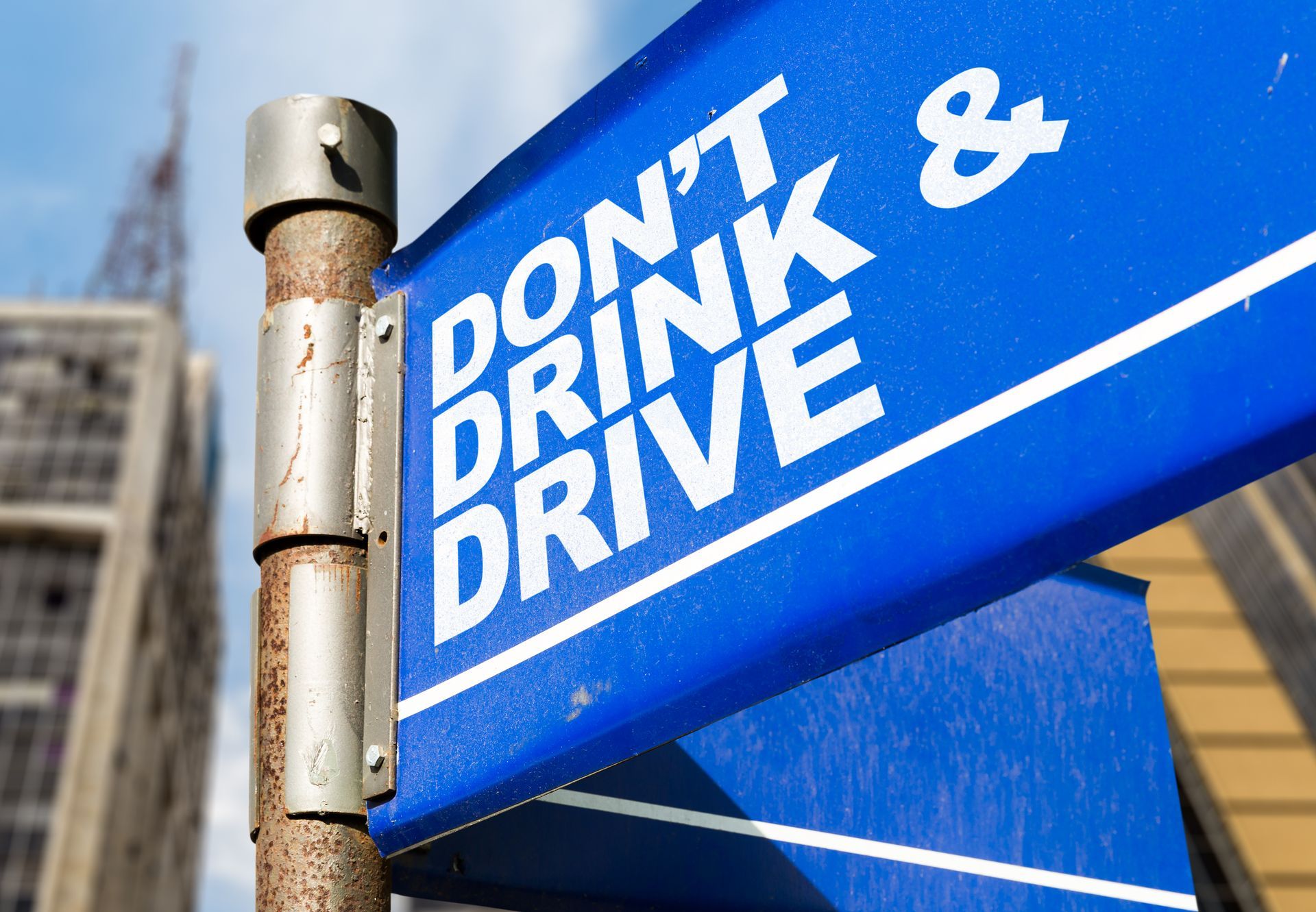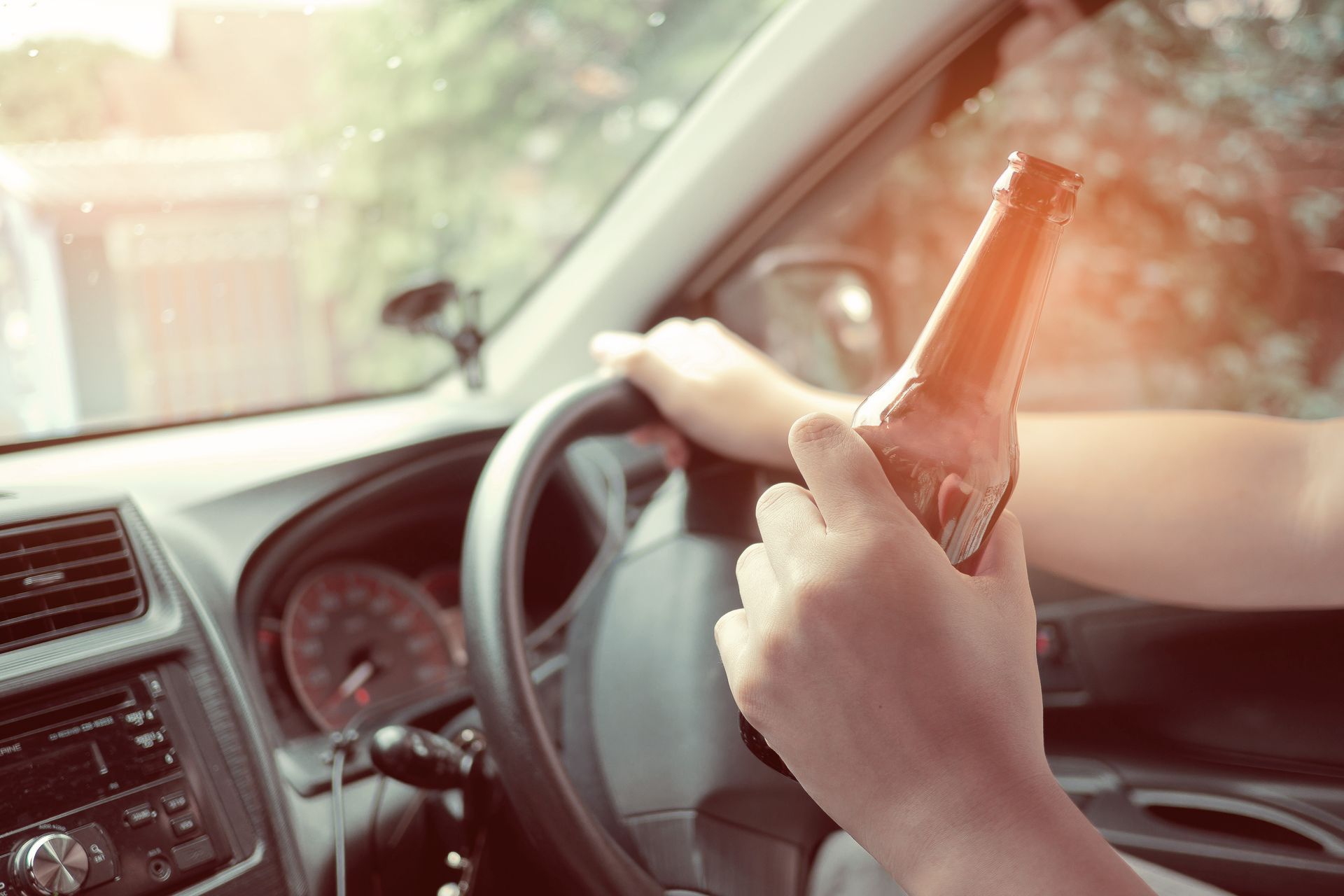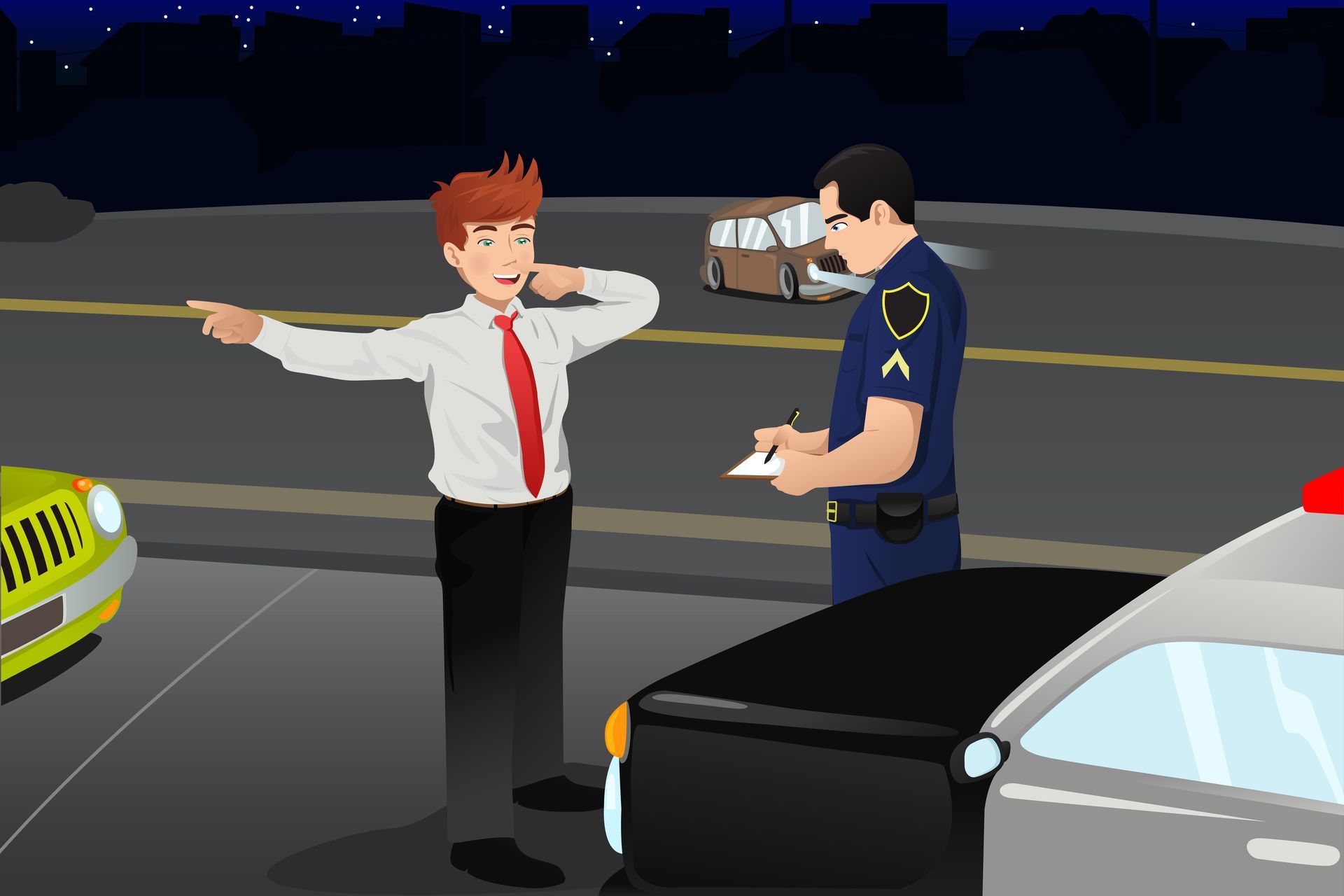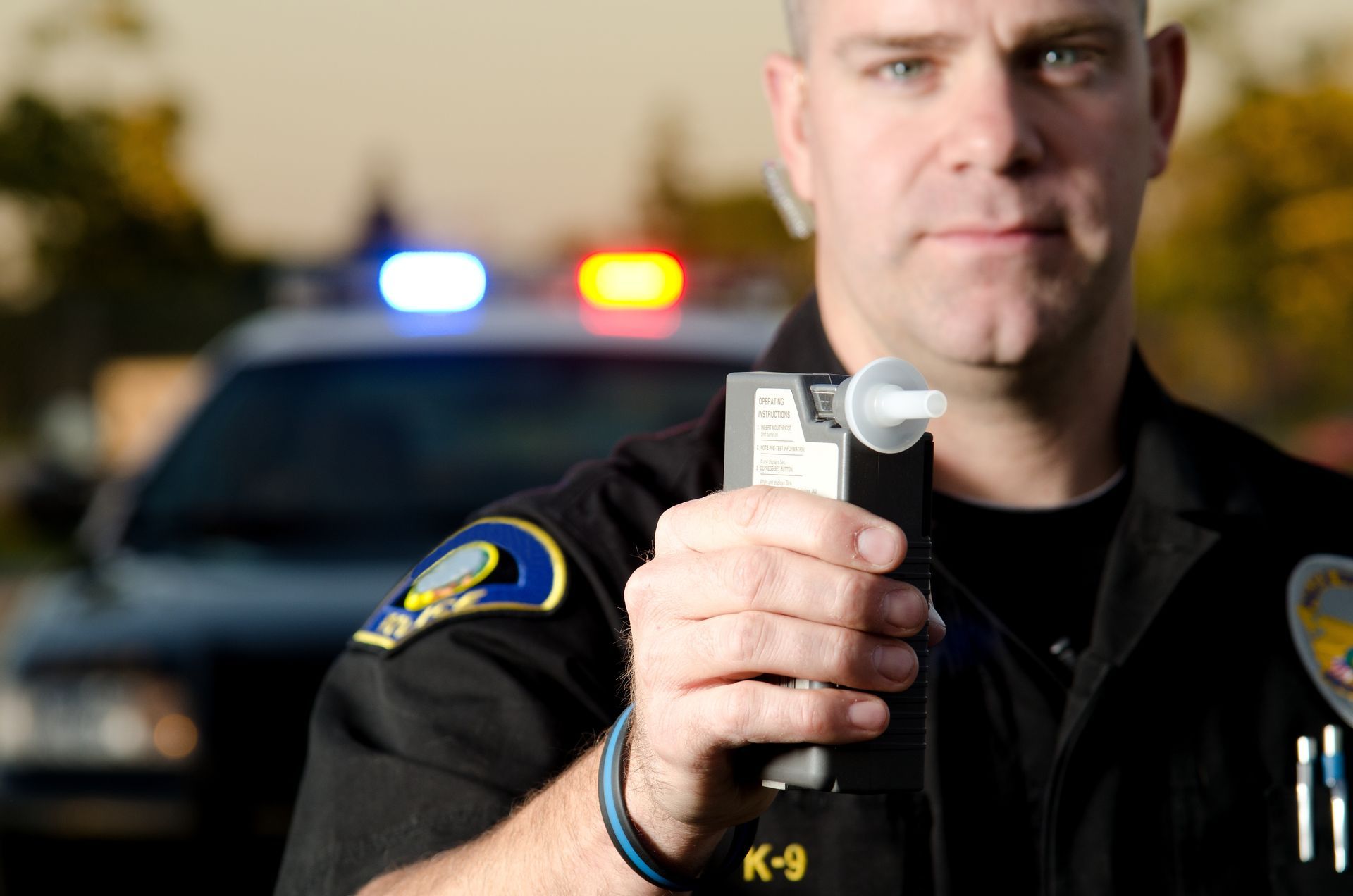Differences Between DUIs, MIPs, MICs and DWIs

There are a lot of acronyms in criminal law, especially when it comes to crimes involving drugs and alcohol. DUI, MIP, MIC and DWI are just a handful of the common examples. They stand for:
- DUI: Driving Under the Influence
- MIP: Minor in Possession
- MIC: Minor in Consumption
- DWI: Driving While Intoxicated
Most states don’t use all four of those terms. Arizona only uses two: driving under the influence and minor in possession. Just because the alternative acronyms are not commonly used in Arizona does not mean they are not illegal.
DUI and DWI are essentially synonyms, although there are a handful of states that use variations of both to mean slightly different things. For example, Texas uses DUIA specifically for those under 21 operating a vehicle with a detectable amount of alcohol in their system and DWI for everyone else operating a vehicle while intoxicated.
Driving Under the Influence: A.R.S. § 28-1381
Formally defined as “driving or actual physical control while under the influence,” this statute establishes the unlawfulness of operating a vehicle or being in physical control of a vehicle while under the influence of “intoxicating liquor, any drug, a vapor releasing substance containing a toxic substance,” or any combination of those substances. You can be charged with a DUI if you have a BAC of .08 or more within two hours of driving. You can also be charged if you have any drug listed in A.R.S. § 13-3401 or its metabolite in your body.
Unfortunately, the metabolites in marijuana can stay in a person’s body for up to a month after use. The wording of this statute has long been a point of contention in Arizona courts and has led to the state Supreme Court deciding that, on its own, the presence of Carboxy-THC metabolite does not constitute evidence of impairment.
Minor in Possession (MIP): A.R.S. § 4-244(9)
Arizona’s minor in possession law covers virtually every aspect of the illegality of alcohol possessions or use for those under the age of 21. The statute also applies to people who furnish the alcohol to the person under the legal drinking age.
For people under the age of 21, MIP covers:
- Possessing alcohol
- Attempting to acquire alcohol
- Consuming alcohol
- Receiving alcohol
The statue also applies to anyone who:
- Sells alcohol to minors
- Gifts alcohol to minors
- In any way causes or enables alcohol to be given, sold or furnished to people under the age of 21
MIC and DWI in Arizona
Arizona statutes do not use the terms minor in consumption or driving while intoxicated. Some states have minor in consumption laws to refer specifically to consuming alcohol and charge it separately from possessing alcohol.
There’s not usually a substantial difference between DWI and DUI in the United States. States like New York, Missouri and Minnesota use driving while intoxicated in virtually the same way Arizona uses driving under the influence. Although MIC and DWI terminology isn’t present in Arizona statutes, the actions implied by those offenses are illegal under A.R.S. § 28-1381 and A.R.S. § 4-244(9).
Is It Illegal to Drive After Using Marijuana?
It’s understandable that some people might be confused regarding marijuana and driving. To put it simply, yes, driving after using marijuana and still being under its effects is illegal and can result in the same penalties as drunk driving.
Establishing whether a person who uses marijuana was or was not high when they were pulled over can be more difficult than proving someone was intoxicated by alcohol. There’s no version of the breathalyzer for weed. Instead, blood or urine tests for drugs can show positive results for up to a month following the last use of the drug.
The legality of recreational marijuana use does not protect you from prosecution. It is illegal to drive when high or to smoke, vape or eat food containing marijuana while behind the wheel. Although the presence of marijuana metabolites isn’t enough to justify prosecution on its own, other evidence can be combined with drug tests to make a case. This may include:
- Arresting and processing officers’ observations
- Field sobriety test results
- Expert testimony
- Dashcam or bodycam footage of the defendant
- Witness testimony
These types of evidence can be challenged by experienced DUI defense attorneys in a variety of ways. Nearly all of them are subjective. A person who simply has odd mannerisms or is in a good mood is not necessarily high.
Field sobriety tests also have a variety of problems. Environmental variables like the wind, lighting, evenness of the ground, temperature and nearby distractions can influence how well a person performs regardless of their level of intoxication.
There could also be other reasons behind driving behavior captured on dashcam. People can change lanes without using their turn signal or run a red light when they are entirely sober.
Simply put, prosecutors cannot charge a marijuana user for DUI solely due to the presence of THC metabolites in their blood, and additional evidence can often be challenged.
Are You Facing Criminal Charges for MIP or DUI in Phoenix?
Arizona board-certified criminal defense specialist Michael Alarid III has extensive experience representing Phoenix defendants in a wide variety of cases. He is also one of the few Arizona attorneys to be board-certified in DUI defense by the National College for DUI Defense (NCDD).
If you are seeking the services of a DUI lawyer with a proven track record and a wealth of experience, call the Law Office of Michael Alarid III at (602) 818-3110.



